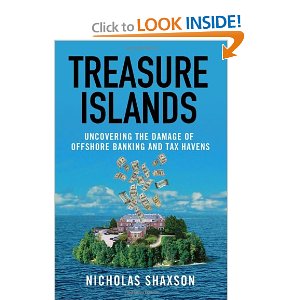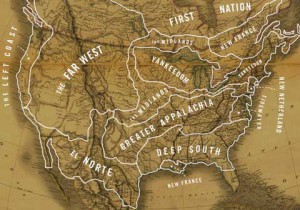
Joan Valerie Bondurant
This could quite well be the best book ever written about Gandhi's philosophy of conflict: satyagraha. Bondruant's book is systematic and thorough. She lived in India for years and even got a chance to interview Nehru and many of Gandhi's other colleagues about the nonviolent action they were mutually involved with, which eventually brought about Indian Independence. This book was first written either in 1953 or 1958. But this edition was revised in 1988 and includes new, important commentary and afterthought by the author.
The book is everything the other reviewer said, and more. Because the author takes such a systematic approach, I can't imagine a better introduction to Gandhi's philosophy of conflict. But the truly unique and most vitally important aspect of this book, in my opinion, is due to the author's orientation. Her field is political science. She was a researcher who held a high position at the University of California at Berkeley. And she claims that Gandhi's philosophy made a contribution to political science that no system of political theory has ever adequately dealt with before. In that sense, she says, that Gandhi's greatest contribution to the world may have been overlooked. And this, I think, is what makes this book one of the most important books of the 20th century.
Continue reading “Review (Guest): The Conquest of Violence – The Gandhian Philosophy of Conflict”








